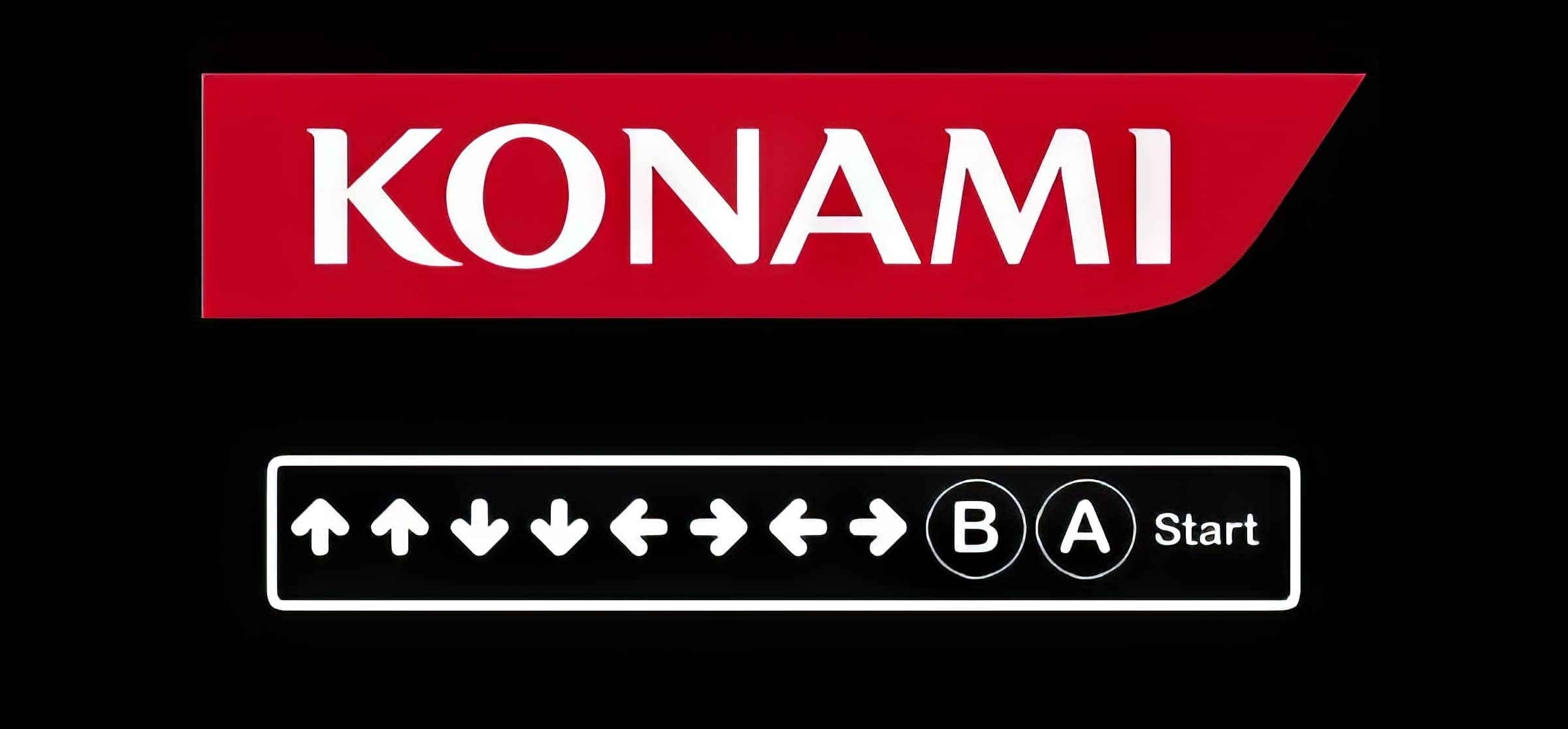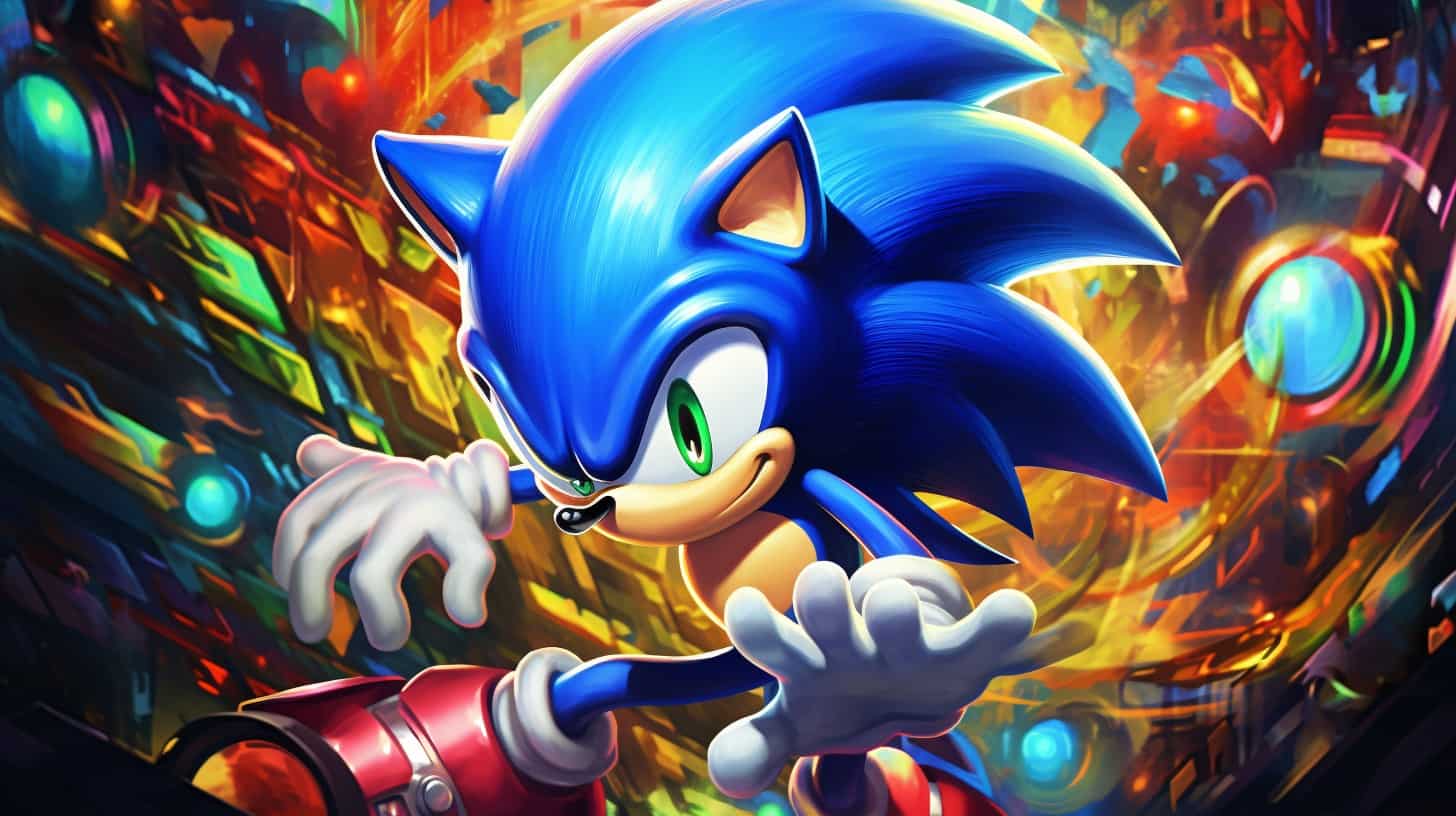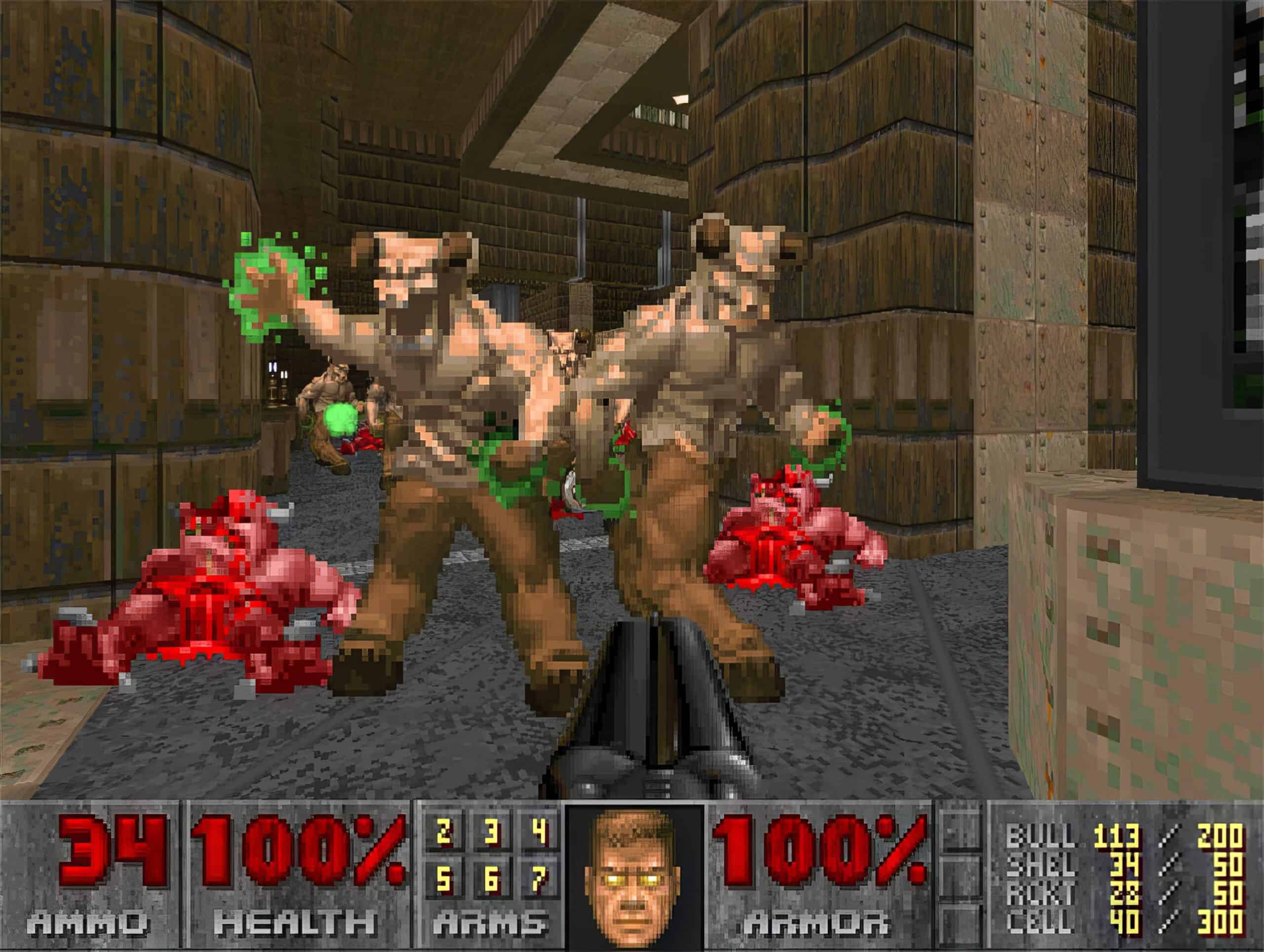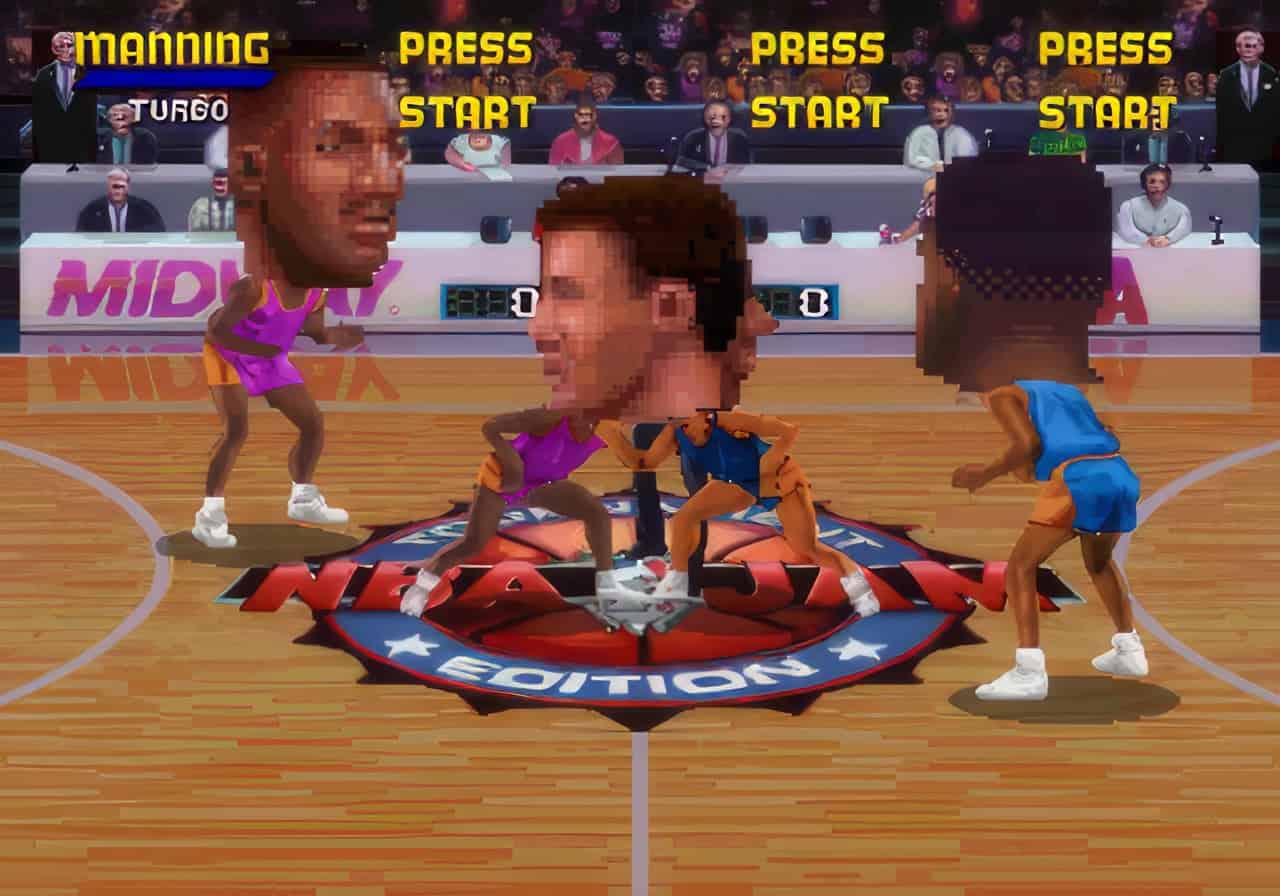We’ve all experienced it – that moment of being mired in a tricky game level, frustration mounting, and the thought crossing our minds, “There must be an easier way.” Trust me when I say – I completely understand.
Throughout my adventures as a gamer and extensive exploration of the topic, I stumbled upon the magic of ‘Cheat Codes.’ This article aims to pull back the veil on some of history’s most infamous cheat codes in video games, like the Konami Code, which first appeared in the popular NES game Gradius.
So buckle up and get ready for your launch pad to gaming triumph!
Key Takeaways
Cheat codes make games more fun. They add special powers or gifts.
The Konami Code is a famous cheat code. You push buttons in a certain order to use it.
Sonic the Hedgehog has a Debug Mode. It changes how the game looks and feels.
Doom’s God Mode makes you very strong. Other Doom cheat codes give you more guns or let you walk through walls.
Grand Theft Auto has cheats for health, weapons, and money. They help cause chaos in the city!
The Sims gives free money with Rosebud and Motherlode codes. This can help you to build big houses!
NBA Jam has a Big Head Mode that makes heads bigger! It adds laughter to a basketball game!
Table of Contents
The Konami Code: The Most Recognizable Cheat Code

Looking back at classic games, one legendary cheat code sticks out – the Konami Code. This sequence of ‘up, up, down, down, left, right, left, right’ opened secret doors in various video games and is a staple for any serious gamer.
How to Activate the Konami Code
Let’s talk about how to get the Konami Code up and running in your game. It’s simpler than you might think!
- Grab your game controller.
- Push the up arrow twice.
- Next, push down two times as well.
- From there, go left and then right two times each.
- After that, hit “B”, then “A”.
- In some games, it may ask you to press ‘Start’ or ‘Select’ at the end.
Sonic The Hedgehog Debug Mode: The Tradition Starter

Zip, zap, and zoom! Sonic the Hedgehog was more than just a speedy blue critter; it gave birth to an era of debugging cheats. Dive in for details on how this code fundamentally changed our gaming experiences.
So what are you waiting for? Speed read ahead!
How to Activate Sonic Debug Mode
I’m about to share the secret of Sonic Debug Mode. This famous cheat code can amp up your Sonic The Hedgehog game fun. Here are simple steps to follow:
- Find the title screen of Sonic The Hedgehog.
- Press Up, Down, Left, and Right on your game control.
- After pressing those buttons, hit A and Start at the same time.
- Now you are in the Debug Mode!
- Enjoy playing around with it!
Doom’s God Mode and Other Cheats: Turning Hellish Experiences into a Cakewalk

Oh boy, who doesn’t love turning a doom-filled nightmare into a piece of cake? With Doom’s God Mode and other cheat codes in hand, I was invincible! Forget about getting roasted by pesky demons; these cheats made me the king – or should I say god – of the game.
How to Activate Doom’s Cheats
Let’s take a trip to Hell and back with these Doom cheat codes. Here is how you can be the ultimate Doom Slayer:
- Start with God Mode. Type IDDQD during gameplay.
- Feel the power; you are now invincible with unlimited ammo!
- You can use this trick in many versions of the game, from the old DOS one to new ports today.
- Don’t just stop at God Mode; try idkfa next time you play.
- Enter idkfa and get all weapons and keys right away.
- To walk through walls, type idclip into the console.
- Good news! These cheats won’t stop you from getting achievements or game progress.
- Do these steps anytime during gameplay to be unbeatable.
Grand Theft Auto Cheat Codes: For Excess Wealth and Health

If you’ve ever felt the urge to cause havoc in a virtual world, then cheat codes for Grand Theft Auto are your best bet. From spawning tanks out of thin air to making your character invulnerable, these cheats can turn San Andreas into your personal playground.
But remember, folks, with great power comes great… fun?
Best GTA Cheat Codes
The Grand Theft Auto series has some classic cheat codes that I love. Here are a few that bring the fun:
- For more money, type “HESOYAM” in GTA San Andreas.
- Use the code “BAGUVIX” for unlimited health.
- Want all weapons? Key in “PROFESSIONALSKIT.”
- Spice it up with “ROCKETMAN” to get a jetpack.
- To lower your wanted level, use “AEZAKMI”.
- Make cars float away when hit with “BUBBLECARS.”
- Let’s not forget about crazy traffic with the code “YOUSHALLNOTPASS.”
The Sims Rosebud & Motherlode: Cheating at Sim Life

Ah, The Sims is a game where we can play god or be broke as hell. Ever dreamed of building an epic mansion without the 12-hour work shifts? Let’s dive into the magic of Rosebud and Motherlode cheats to live like Sim-lionaires! Stay tuned to master this financial wizardry.
How to Activate the Money Codes
Playing The Sims and want more money? Here’s how you do it:
- Push Control, Shift, and C at the same time. This opens up the cheat console.
- Now, type “rosebud” followed by a semicolon.
- After the semicolon, add as many exclamation points as you want Simoleons.
- If you need 50,000 Simoleons in a flash, type “motherlode” instead of “rosebud.”
- Use these cheat codes multiple times to make your bank full.
NBA Jam’s Big Head Mode: Adding Silliness to the Game

Oh boy, NBA Jam’s “Big Head Mode” cheat code! This one is a doozy. It doesn’t give you more health or extra lives; instead, it inflates your player’s head to an enormous size. This cheat doesn’t make the game easier, but it sure makes the game hilarious.
Trust me, once you start playing with gigantically oversized heads bobbling around the court, there’s no going back to normal gameplay. You think basketball was fun before? Try shooting hoops when your head is five times its regular size!
How to Activate On Fire
Playing NBA Jam with big heads makes it more fun! Here is the way to turn on the On Fire mode:
- Get your game ready and pick your team.
- Start a match.
- Do three shots in a row without the other team scoring.
- Your player will now be “On Fire” for some time!
- Watch as your player gains super skills!
- Enjoy the game with this cool cheat code.
FAQs About Famous Cheat Codes in Video Game
What are some famous cheat codes in video game history?
Some of the most famous cheat codes include “up up down down left right left right b a start,” often known as the Konami code, and cheats for games like Grand Theft Auto: San Andreas, Sonic the Hedgehog 3, and 1 on 1 soccer.
How do I use cheat codes in games?
To use a cheat code in a game, you usually enter it on your controller or keyboard during gameplay or on specific screens. For instance, entering “up up down down left right left right” provides different results based on the game.
Are there any popular video game cheats for Nintendo games?
Yes! Games like Super Mario Bros 3 have cheat codes that can be entered using combinations of direction buttons to help players progress faster through levels.
Who invented the Konami Code?
Kazuhisa Hashimoto is credited with creating one of gaming’s most famous sequences —the “Konami code.”
Do all video games have cheat codes?
Not all games offer cheats, but many classic ones like First-person shooters and Grand Theft Auto often provide secret ways to get ahead or unlock fun extras.
Can cheats be used across multiple platforms?
Yes! Game shark codes are examples of cross-platform cheats that can be used across various systems, including PlayStation versions such as PS2 and PS4.



